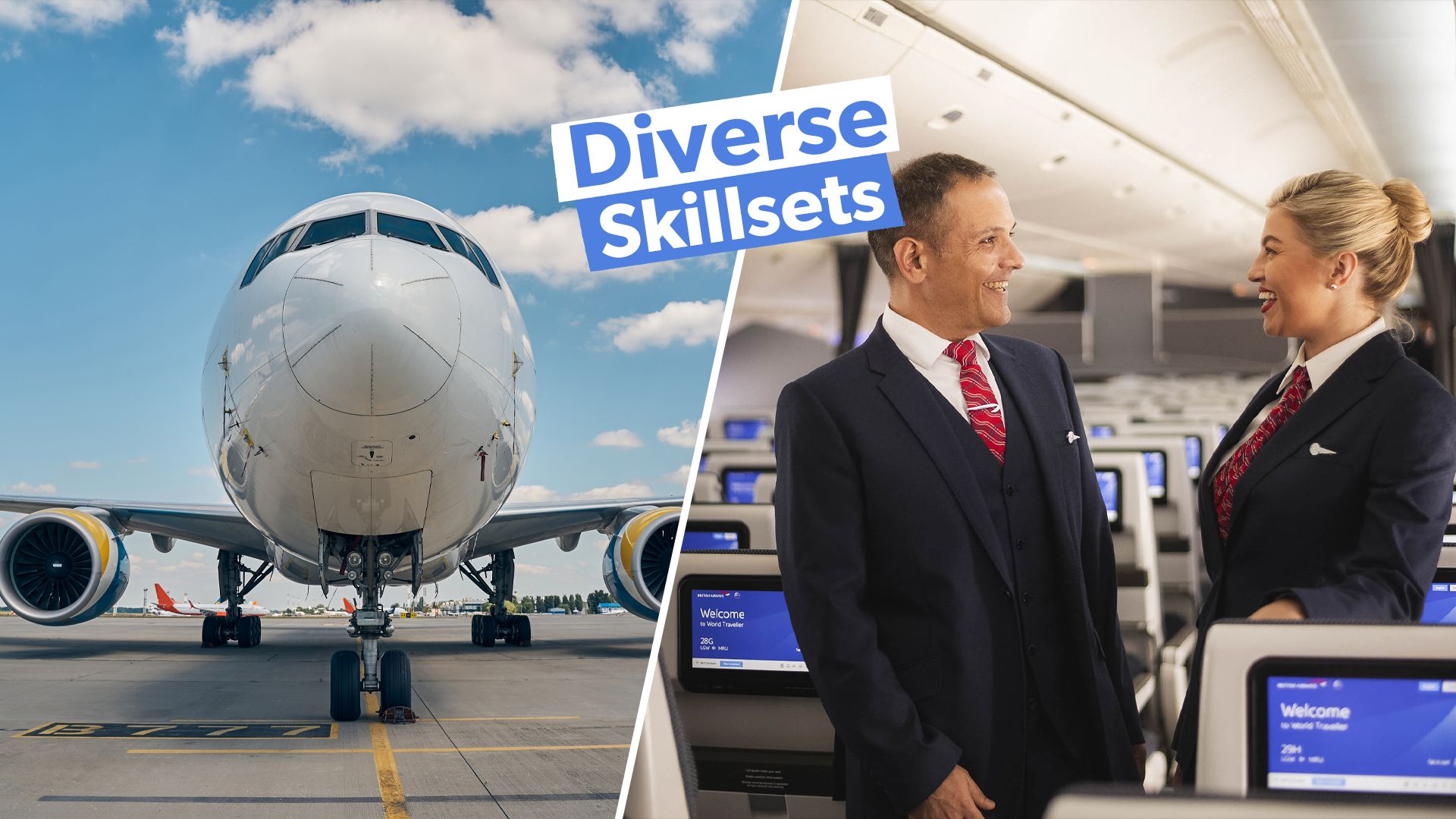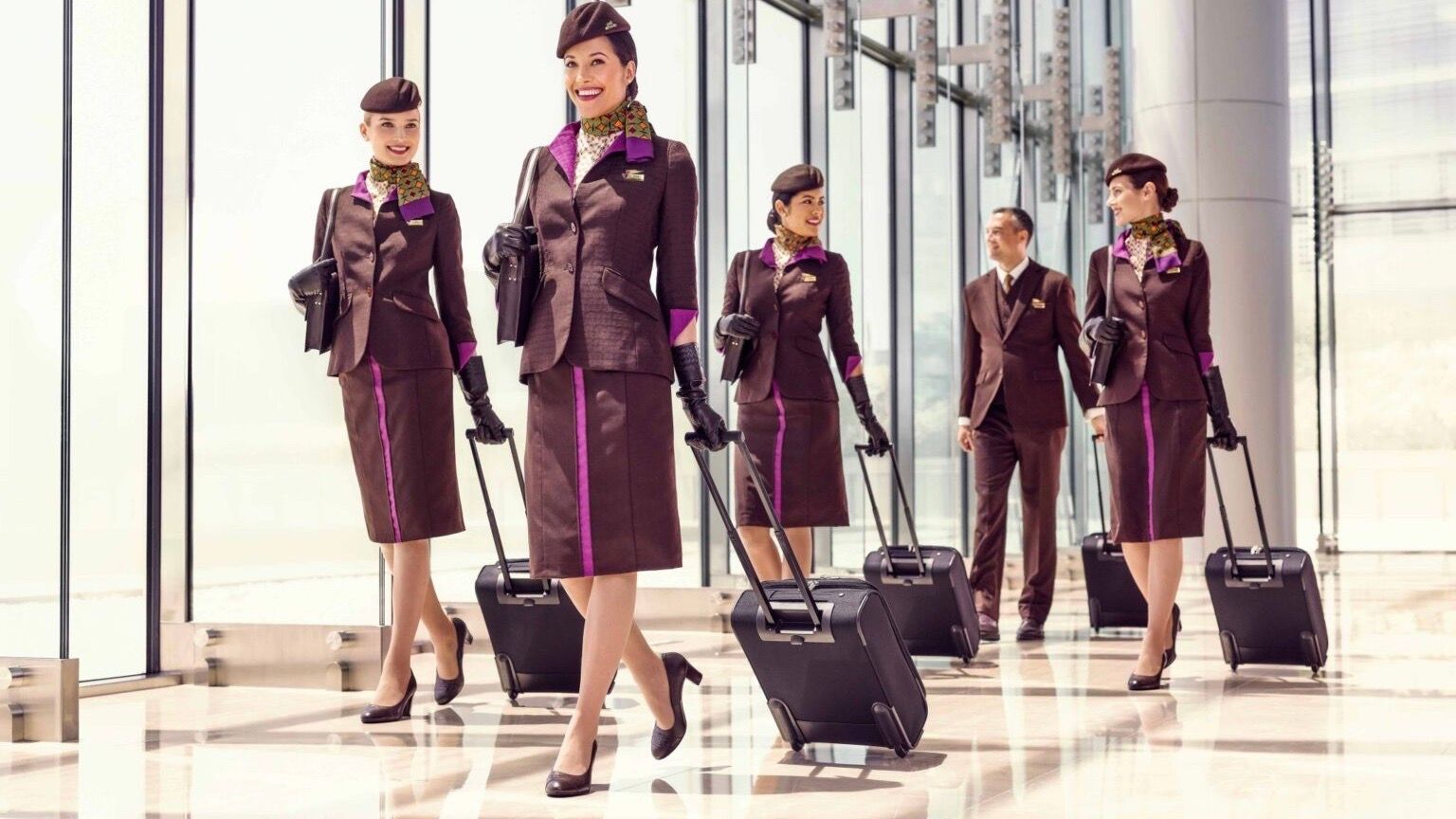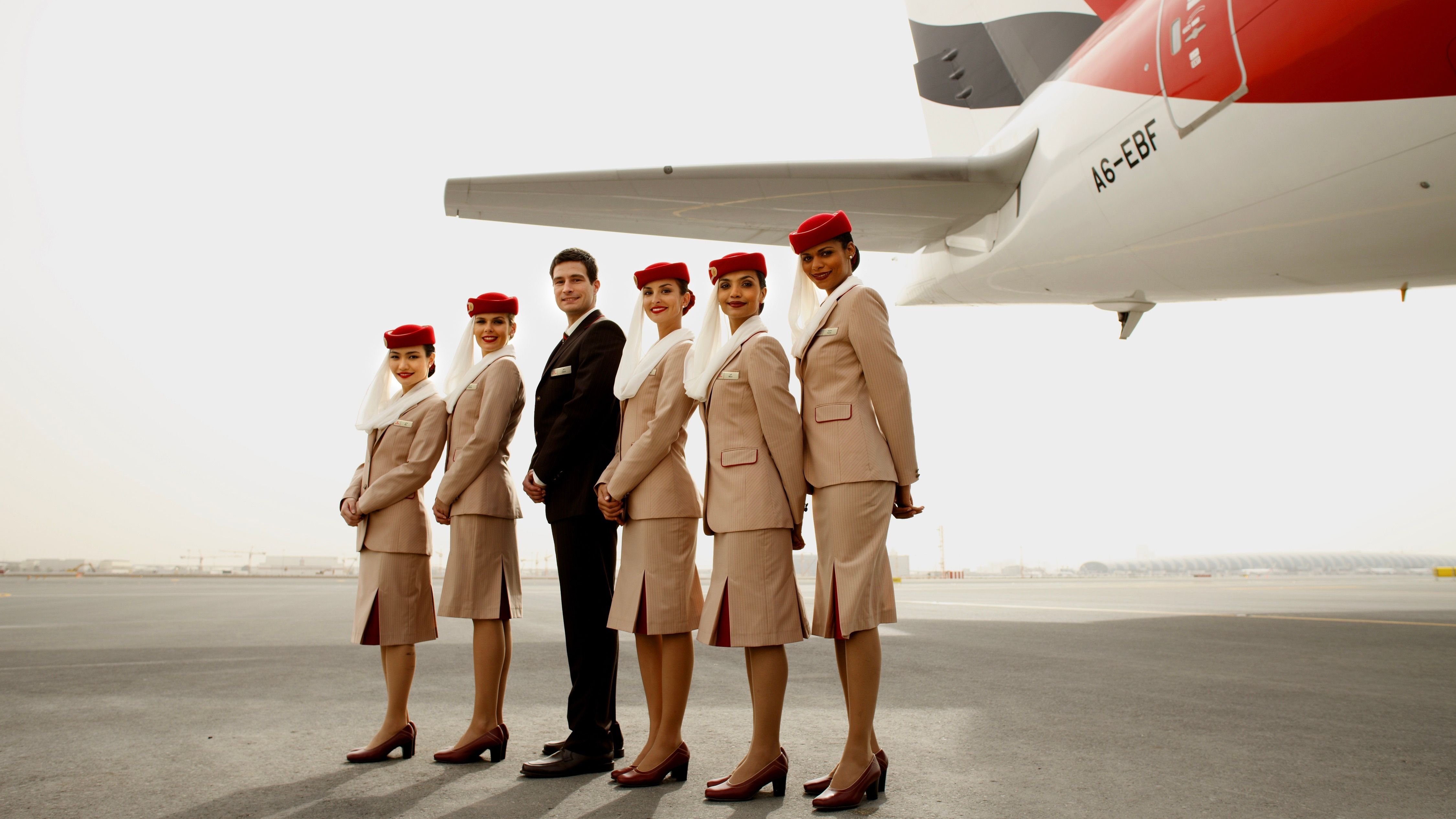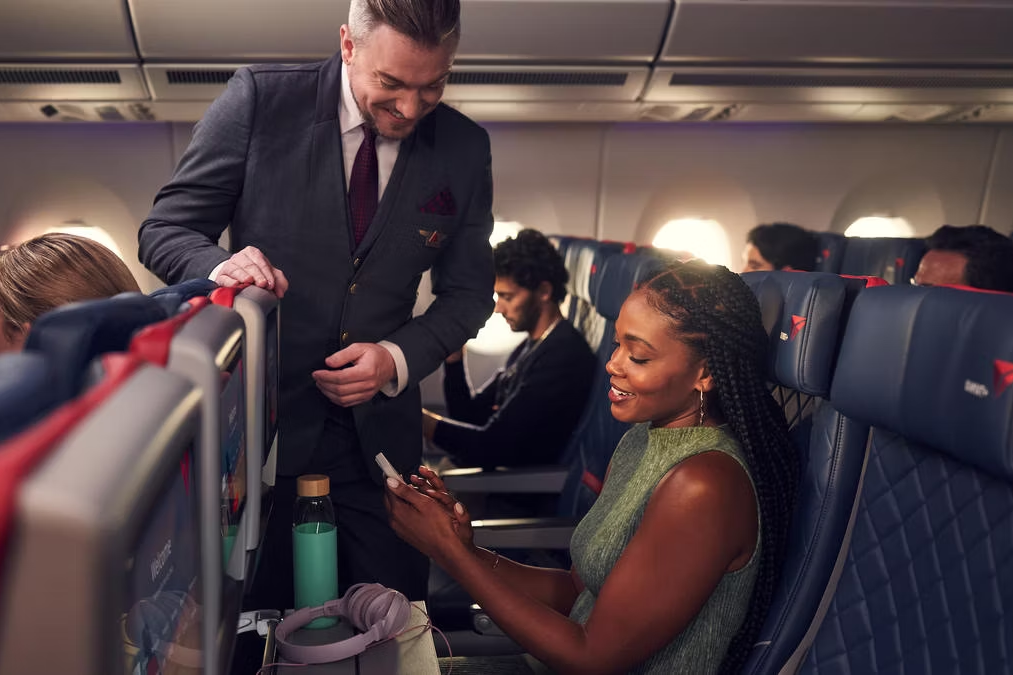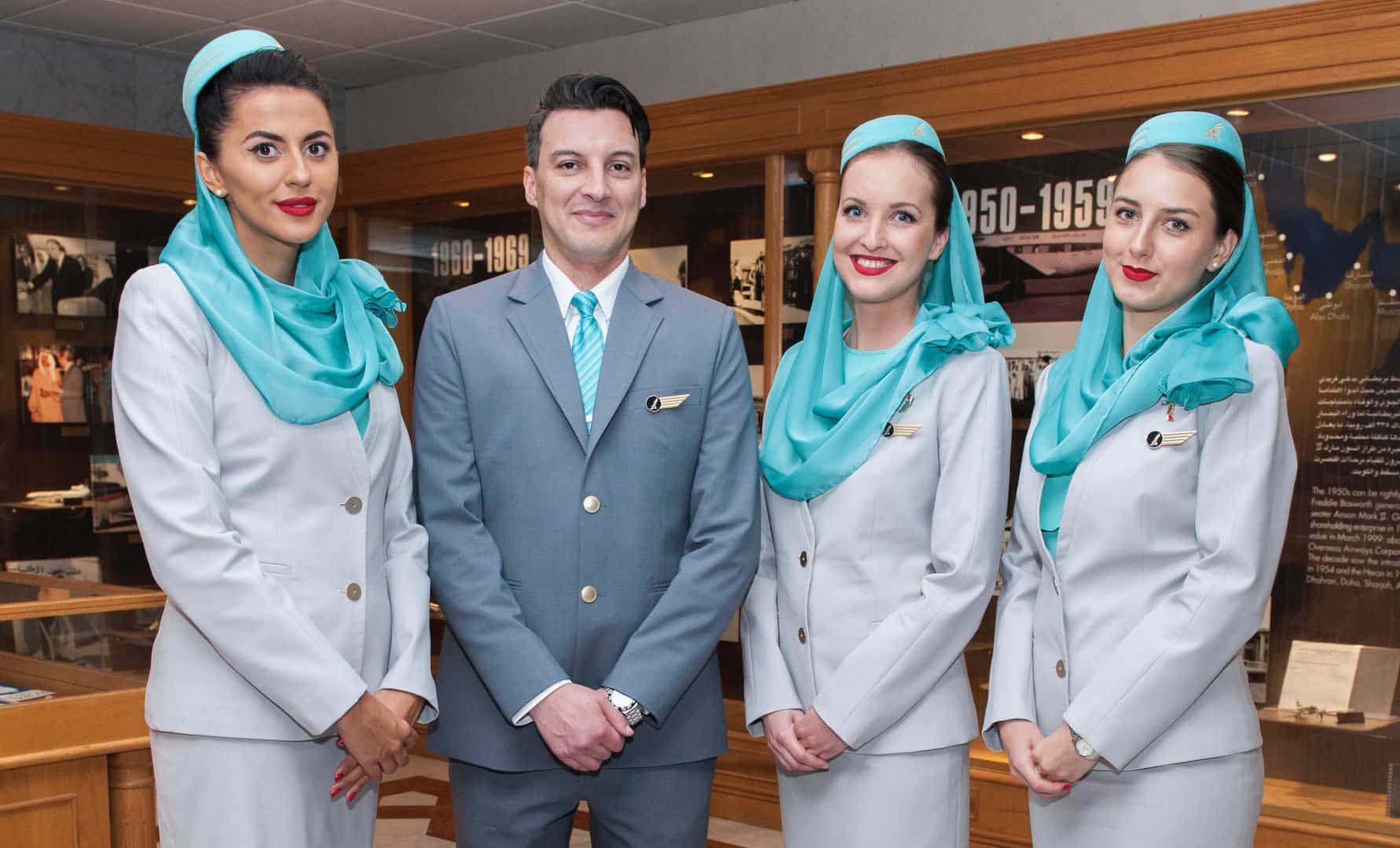Summary
- Training builds resilience through practice of emergency procedures, preparing cabin crew for any situation.
- Cabin crew exhibit discipline through adherence to strict regulations and grooming standards.
- Communication skills, decision-making, and teamwork are essential for safe and efficient flights.
Cabin crew are generally seen by passengers as just someone who greets them onboard and maybe serves them a drink and a meal, but there is much more to it than that. There is a whole side of the cabin crew life that the public doesn’t see, and that’s the real reason we are there – safety is the number one priority. But cabin crew members do develop other skills along the way.
While the added skills help shape their personalities and identities, those skills aid in their careers.
- Situational awareness
- Communication skills
- Leadership
- Teamwork
- Decision-making
- Spatial awareness and coordination
- Discipline, self-confidence and commitment
- Adaptability
Resilience
Cabin crew training is very intensive and pushes you to the limit – there will be highs and lows, but that is where the resilience starts. Cabin crew practice emergency procedures and simulated emergencies time and time again so that they know if an emergency occurs, they can deal with it without even thinking.
We have seen several incidences of this resilience spirit over the years, none more recently than Japan Airlines Flight 516, when cabin crew (and passengers) held their nerves and evacuated the burning aircraft without a single casualty.
Discipline
Cabin crew are well-used to following rules and regulations perfectly – their job depends on it. They have strict procedures and policies to follow and, as such, become very disciplined.
Photo: Etihad Airways
This also spills over into their personal lives, with fluctuating work hours and overseas living arrangements requiring plenty of discipline to manage.
Personal presentation
There are stringent grooming regulations, and cabin crew must always be well presented. This can even extend to being down-route. They are the face and image of the airline, so they have to look immaculate and keep to all the guidelines on hair, make-up, uniform, and even shoe heel size.
Situational awareness
Due to their training, cabin crew understand how to be situationally aware, which develops with experience. So, although they might look like they are just handing out meals, they are actually thinking about what is going on around them.
Photo: Emirates
For instance – if a passenger might be ill, if there are any potential problems with passengers, or if there is anything that could threaten safety.
Communication skills
Cabin crew will come across countless nationalities and cultures over their career, not all of whom can understand a common language. This means most crew end up highly proficient at non-verbal communication by interacting with such a diverse grouping of people on a daily basis.
Photo: Delta Air Lines
- Speak slowly and clearly: use of simple language and avoiding jargon that may be confusing to non-native speakers.
- Use of visual aids: For example, hand gestures, pictures, etc.
- Careful listening: Including passenger concerns, clarifying questions to ensure customer satisfaction.
- Be patient and empathetic, particularly when dealing with passengers who may be anxious or upset.
- Seek assistance and clarification when necessary.
Crew resource management
This starts again in training and develops over time. The cabin and flight crew work together to perform a safe and efficient flight. There is no ‘them and us,’ and open communication is encouraged. They still follow the ‘chain of command,’ but no question is too silly, and reporting a potential issue could stop an emergency from occurring.
Decision-making skills
As cabin crew, you work with your own initiative and within the team, so decision-making is another helpful skill.
Photo: Gulf Air
Every day and flight are different, and you’ll often be working with cabin crew you’ve never met before. Thinking on your feet is essential for cabin crew members, as everything constantly changes.
Confidence
Of course, wearing a smart cabin crew uniform, to some extent, gives cabin crew confidence as they represent their airline. Cabin crew are generally very supportive of each other, and there is an element of trust, especially as you might not know who you are working with. If you do, it is a huge bonus! Also, being able to perform first aid and knowing how to put out a fire are excellent life skills that improve confidence.
Caregiving
They are a very caring bunch and will often go out of their way to help others, often extending to working as a volunteer or charity ambassador. Cabin crew typically try to ‘go the extra mile’ and preempt passenger needs, and, of course, this goes well beyond the cabin and into everyday life.

